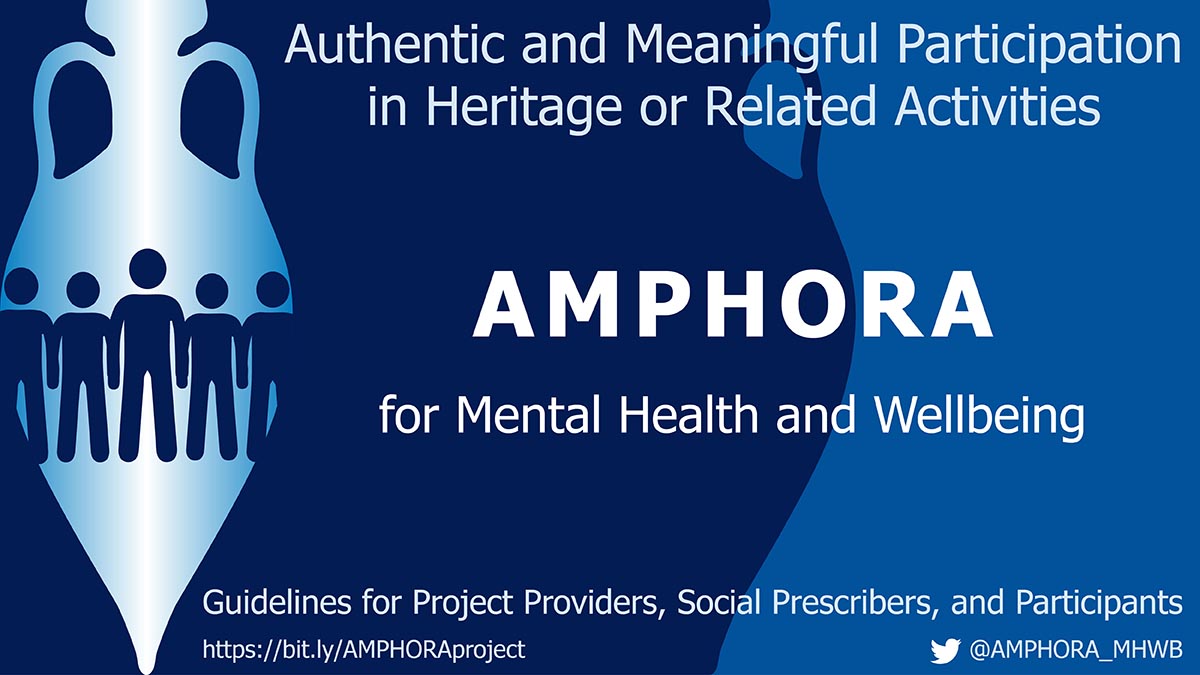Partnership Case Studies - Health
Partnership Case Studies - Health
-1mb.jpg)
We have a number of active initiatives with public bodies and professional teams, from the local community to internationally, including Southern Health NHS Foundation Trust and Hampshire Hospitals NHS Foundation Trust, in addition to innovative partnerships that are making a difference to the lives of veterans and refugees.
Local NHS Trusts
Our partnership with Southern Health supports the NHS to meet their skills need for the region The ambition of this partnership is to continue a collaboration that grows a sustainable pipeline for the local health and social care workforce, underpinned by a framework for lifelong professional journeys, including mapping the potential pathways students can take to develop into consultant practitioners and leaders within the NHS, with the University providing staff training and CPD courses to supplement this initiative.
Likewise, we are proud to work closely with Hampshire Hospitals Foundation Trust in a variety of ways – from students supporting their work and gaining real-world experience whilst on nursing and physiotherapy placements; to academics working in collaboration for community benefit such as through the HELP Hampshire stroke rehabilitation project.
This partnership was celebrated on 3 July 2023 with an official partnership signing event during a special week which marked 75 years of the NHS.
.jpg)
Part of our partnership involves our professional health course students, including nursing and physiotherapy, completing their placement hours in local and national NHS trusts such as Hampshire Hospitals NHS Foundation Trust and Southern Health. This hands-on experience for students is supplemented with the University’s state-of-the-art clinical training facilities in our West Downs Centre, which opened in 2022. Click to read more.
Community Health and Wellbeing
The AMPHORA (Authentic and Meaningful Participation in Heritage Or Related Activities) Project brings together the both heritage and wellbeing research, in an innovative programme that recognises archaeology, heritage and the historic environment as powerful non-medical tools in the delivery of benefits for mental health and wellbeing. Dr Phil Everill, who is leading this project alongside Dr Karen Burnell from Solent University, are reviewing the effects of heritage-based therapeutic services for people living with complex mental health challenges.
Dr Paul Everill said: "Archaeological excavation, in particular, is built around teamwork, and it seems that this is a key ingredient in developing support networks alongside the satisfaction derived from undertaking meaningful work on interesting sites. Colleagues across the discipline continue to work really hard to widen opportunities for engagement, but we also need to ensure that we work with experts in mental health to ensure that therapeutic projects are fully supported. The AMPHORA logo can hopefully become a form of quality assurance to demonstrate that all these things are in place.".
One of the partners in this research, Historic England, supports the launch of the AMPHORA guidelines, in the belief that they will help heritage organisations to improve the social impact of wellbeing projects. Click here to read more.

City of Sanctuary
The University is proud to be based in a City of Sanctuary, and to be recognised as a University of Sanctuary, building a more welcoming UK for people seeking sanctuary.
Dr VerBon Cheung and Professor Wayne Veck have led the University’s participation in the local Trauma Network – which brings together various local health, wellbeing and refuge organisations including CAMHS NHS; Winchester Youth Counselling and Solent Mind with the aim of addressing the needs of refugees based in the region.
From this, Dr Cheung and Professor Veck are working on a participatory research project with local Ukrainian refugees to improve refugees’ access to mental health services. Outcomes of this research have already made positive changes including improving refugees’ connections to local health teams and charities, in addition to policy and practical recommendations already being adopted by practitioners and participants, improving access to wellbeing services for Ukrainians living locally.
Contact us
Email partnerships@winchester.ac.uk if you’d like to discuss how we can work with you.
